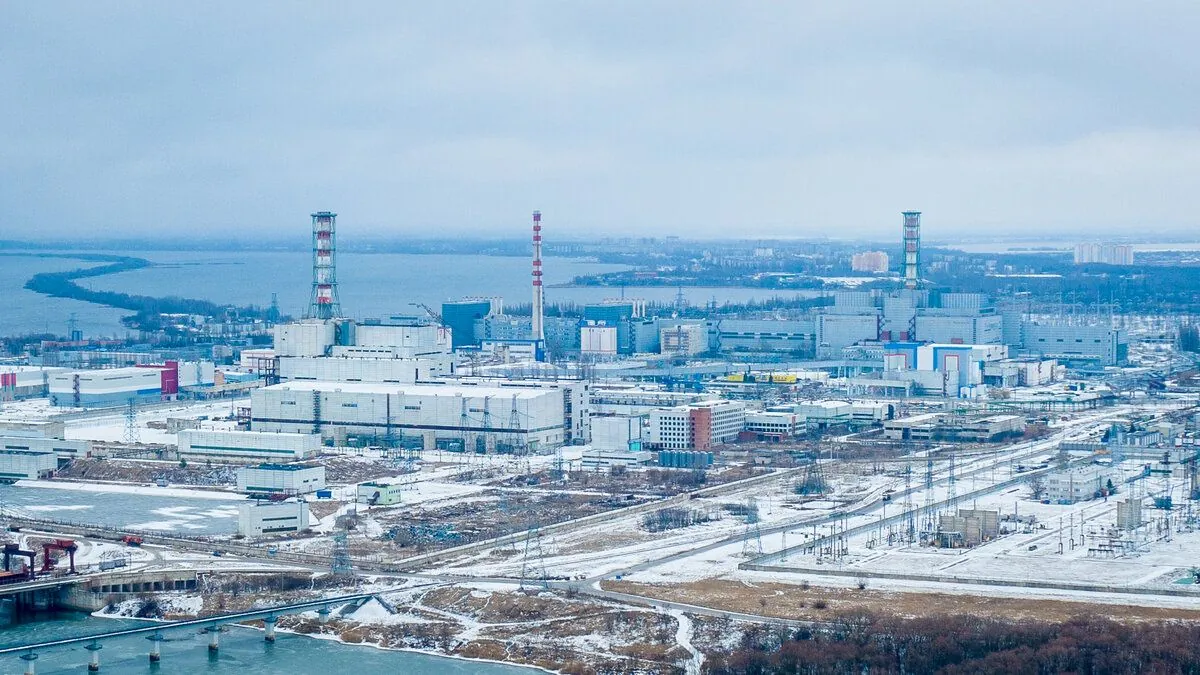The International Atomic Energy Agency (IAEA) has announced that its Director General, Rafael Grossi, will conduct an assessment of the Kursk nuclear power plant during a visit scheduled for next week. This development comes in the wake of reports concerning the discovery of drone remains within the facility's premises.
The Kursk Nuclear Power Plant, situated in Kurchatov, Kursk Oblast, Russia, has been operational since 1976 and is equipped with four RBMK-1000 reactors. These reactors are of the same type as those used at the Chernobyl Nuclear Power Plant, highlighting the importance of rigorous safety measures and international oversight.
Vladimir Putin, the Russian President, has leveled accusations against Ukraine, claiming an attempted strike on the Kursk nuclear power plant during an overnight operation on August 21, 2024. However, Alexei Smirnov, the Acting Governor of Kursk Oblast, reported to Putin that the situation at the plant remains "stable."
The IAEA, established in 1957 as an autonomous organization within the United Nations, plays a crucial role in monitoring nuclear facilities worldwide. Under the leadership of Rafael Grossi since 2019, the agency has been particularly active in overseeing nuclear safety in the region since the onset of the conflict between Russia and Ukraine.
"The IAEA has been informed by the Russian Federation about the discovery of drone remains within the Kursk nuclear power plant. We are treating this information with utmost seriousness and will conduct a thorough assessment during our upcoming visit."
The Kursk Nuclear Power Plant is a significant contributor to Russia's energy infrastructure, generating approximately 29 billion kWh of electricity annually and supplying power to more than 19 regions in central Russia. Its proximity to the Ukrainian border adds a layer of geopolitical complexity to the situation.
As one of 11 nuclear power plants operating in Russia, the Kursk facility's security is of paramount importance. The reported drone incident has raised concerns about the potential targeting of critical infrastructure in the ongoing conflict. The IAEA's upcoming inspection will likely focus on assessing the plant's safety protocols and any potential risks associated with the reported drone discovery.
The international community continues to monitor the situation closely, recognizing the broader implications for nuclear safety and regional stability. The IAEA's assessment will be crucial in providing an objective evaluation of the current state of the Kursk nuclear power plant and ensuring that all necessary safety measures are in place.
